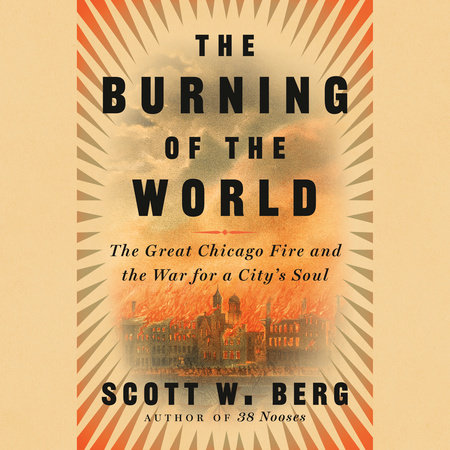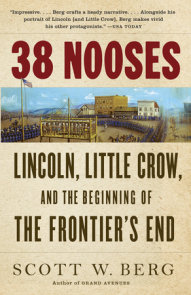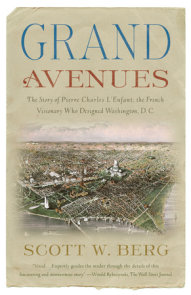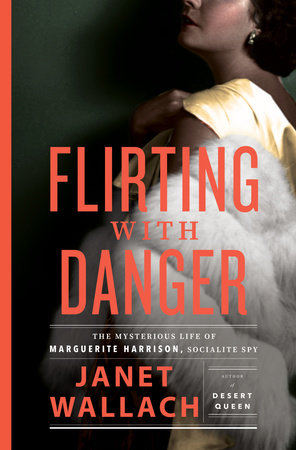

The Burning of the World
By Scott W. Berg
By Scott W. Berg
By Scott W. Berg
By Scott W. Berg
By Scott W. Berg
By Scott W. Berg
By Scott W. Berg
Read by Sean Patrick Hopkins
By Scott W. Berg
Read by Sean Patrick Hopkins
Category: 19th Century U.S. History | Domestic Politics
Category: 19th Century U.S. History | Domestic Politics
Category: 19th Century U.S. History | Domestic Politics
Category: 19th Century U.S. History | Domestic Politics | Audiobooks

-
$19.00
Feb 04, 2025 | ISBN 9780804171519
-
$32.00
Sep 26, 2023 | ISBN 9780804197847
-
Sep 26, 2023 | ISBN 9780804197854
-
Sep 26, 2023 | ISBN 9780593786222
827 Minutes
Buy the Audiobook Download:
YOU MAY ALSO LIKE

Gallop Toward the Sun
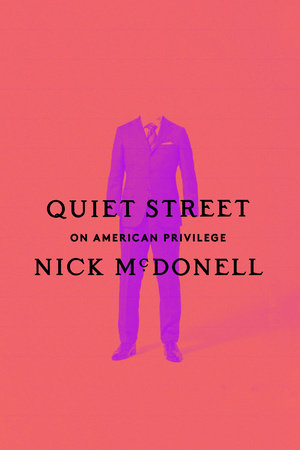
Quiet Street

Lost at Sea
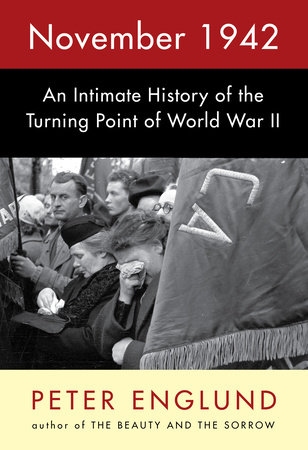
November 1942
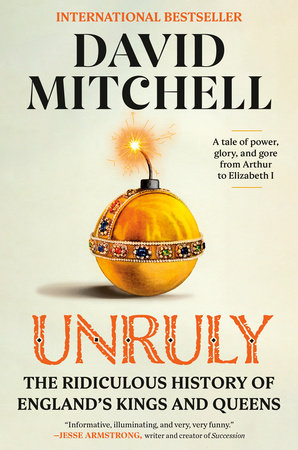
Unruly
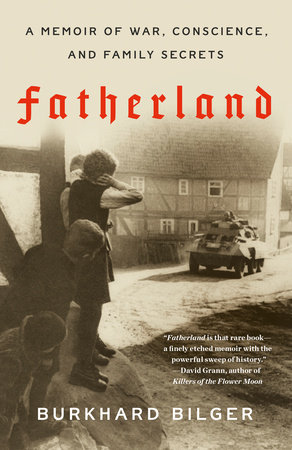
Fatherland
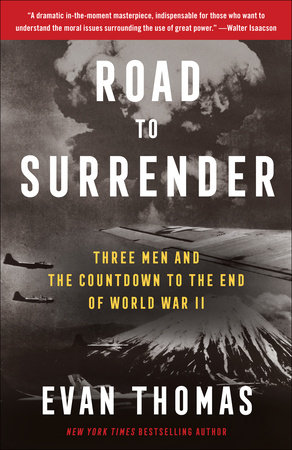
Road to Surrender
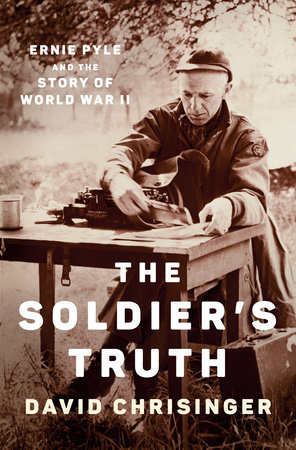
The Soldier’s Truth
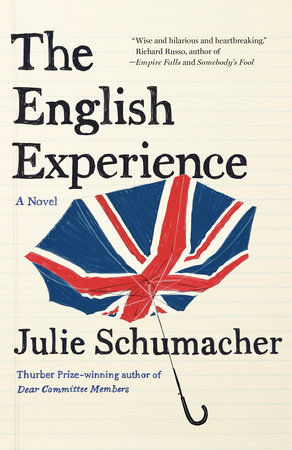
The English Experience
Praise
Winner of the Midland Authors Award for History
Longlisted for the Carnegie Medal for Excellence in Nonfiction
“A fine book. . . . This was all long ago, and a fire’s track tends to be amorphous. So it is particularly impressive how closely Mr. Berg is able to plot this one’s early progress, which he does with the clarity—and tension—of a well-wrought military narrative. . . . As vivid as Mr. Berg’s depiction of the fire is, his description of its aftermath is fascinating as well.”
—The Wall Street Journal
“All that imagery of destruction, retribution, and rebirth could obscure circumstances that were often deeply, grubbily—and fascinatingly—political, as Scott W. Berg shows in his illuminating new book. . . . The Chicago fire turns out to be a rich case study not only in urban history and the sociology of catastrophe but in how people choose to remember their collective past. . . . [Berg offers] some vivid set pieces. I won’t soon forget his description of the doomed effort to put out an edition of the Chicago Tribune when the city was in flames. . . . Like the stickiness of Mrs. Leary’s bad rap, the political ramifications of the fire were both unpredictable and long-lasting. Berg is particularly sharp on this theme.”
—The New Yorker
“Propulsive. . . . An engrossing account of one of the greatest catastrophes in American history. . . . Berg’s storytelling is vivid and visceral. . . . Along the way, Berg also explodes long-lived myths. . . . Berg’s eye for detail and character, combined with his skill at creating scenes, make these chapters, too, riveting and absorbing. This topnotch, eye-opening history proves that the Great Fire shaped and reinvented Chicago in myriad ways, and long after the last embers had been extinguished.”
—Washington Independent Review of Books
“Berg follows the blaze in cinematic detail, weaving first-person accounts of the fire, with a history of the city and its notable personalities based on the fire’s path. . . . The question of how history is made and whose history survives underlies the book. The Burning of the World is a vivid, character driven history that illuminates the political machinations of the time, along with the spirit and culture of the city and how it viewed itself in this era.”
—Chicago Review of Books
“Do we need another one of these? Yes—when it’s this cleanly told, alternating familiar anecdotes with a smart focus on the uneasy class and moral questions that later defined a smoldering city.”
—Chicago Tribune
“A brilliantly detailed account of the fire, filled with literary color.”
—Newcity
“Few urban calamities are as deeply embedded in our national consciousness as Chicago’s great inferno of 1871, yet our understanding of the disaster has largely been bound up in legend and lore. The Burning of the World tells us what really happened. Scott W. Berg brilliantly captures the stark devastation and heartbreak Chicagoans suffered that dreadful autumn, but also shows us how a vigorous new metropolis improbably rose from the heaps of ashes by the lake.”
—Hampton Sides, New York Times best-selling author of On Desperate Ground
“Intricately researched and written with passion,this inspiring book is not just the story of a majordisaster but is also a celebration of the America spirit—innovative, resourceful, and resilient, capable of risingphoenix-like from the ashes of calamity.”
—Joan Druett, author of Island of the Lost: An Extraordinary Story of Survival at the End of the World
“In this splendid history, Scott Berg captures in all its chaotic intensity the fiery apocalypse that nearly destroyed post-Civil War America’s most turbulent city. In vivid, cinematic prose, he brings to life the human fabric of Chicago’s multitudes, high and low, from swaggering commercial potentates, to the toiling immigrant poor, to jockeying politicians. In the process, he also delivers a masterful anatomy of the interplay between Gilded Age wealth and political power that relentlessly shaped the city as it strove to reinvent itself from its ruins.”
—Fergus M. Bordewich, author of Klan War: Ulysses S. Grant and the Battle to Save Reconstruction
“First of all, it was Mrs. Leary’s cow, not Mrs. O’Leary’s, and the unfortunate animal was probably innocent in any case. But that’s just one of the misconceptions about the Great Chicago Fire dispelled in this carefully researched but supremely readable book. Berg gives us a vivid, incisive, and politically astute account of what he calls ‘a disaster for the ages,’ elucidating the many extraordinary twists and surprising outcomes that qualified the fire as, yes, a tragic catastrophe, ‘but also a wonder.’ ”
—Gary Krist, author of The Mirage Factory: Illusion, Imagination, and the Invention of Los Angeles
“[A] fascinating account of the disastrous fire . . . detailed and often thrilling. . . . Through brilliant miniature biographies . . . he gives us a feel for the history and culture being consumed by the flames and the seeds of conflict that will flower after the flames are extinguished. . . . The Burning of the World is an absorbing story, and Berg, clearly a lover of rowdy Chicago, tells it well.”
—Bookpage (starred review)
“In this vivid and immersive history, Berg (38 Nooses) describes the Great Fire that devastated Chicago in October 1871. As Berg traces the battles between public and private interests that played out in the years after the fire, he astutely observes how the city was transformed into “a hothouse of populist democracy,” with the ever-growing working-class immigrant population, enraged by elite overreach, joining together as a unified voting bloc. This impressively researched account fascinates.”
—Publishers Weekly
“A complex, capably narrated history of the 1871 fire that remade Chicago. . . . In the end, [the city’s elites’] remaking of Chicago helped shape the form of the modern city—architecturally stunning but also sharply segregated by class and race. . . . A strong contribution to the history of not just the fire, but urban America generally.”
—Kirkus Reviews
“Berg does an excellent job narrating the events of those terrible days. . . . Berg’s history is a comprehensive, empathetic look at a great catastrophe and the uniquely American response to tragedy.”
—Booklist
Table Of Contents
Author’s Note ix
Prologue xi
PART I · Fire 1
PART II · Flight 67
PART III · Aftermath 99
PART IV · Election 171
PART V · Inquest 233
PART Vi· Soup 247
PART VII · Beer 307
PART VIII · Fire 347
Acknowledgments and a Note on Sources 383
Notes 389
Selected
Bibliography 403
Index 411
21 Books You’ve Been Meaning to Read
Just for joining you’ll get personalized recommendations on your dashboard daily and features only for members.
Find Out More Join Now Sign In








